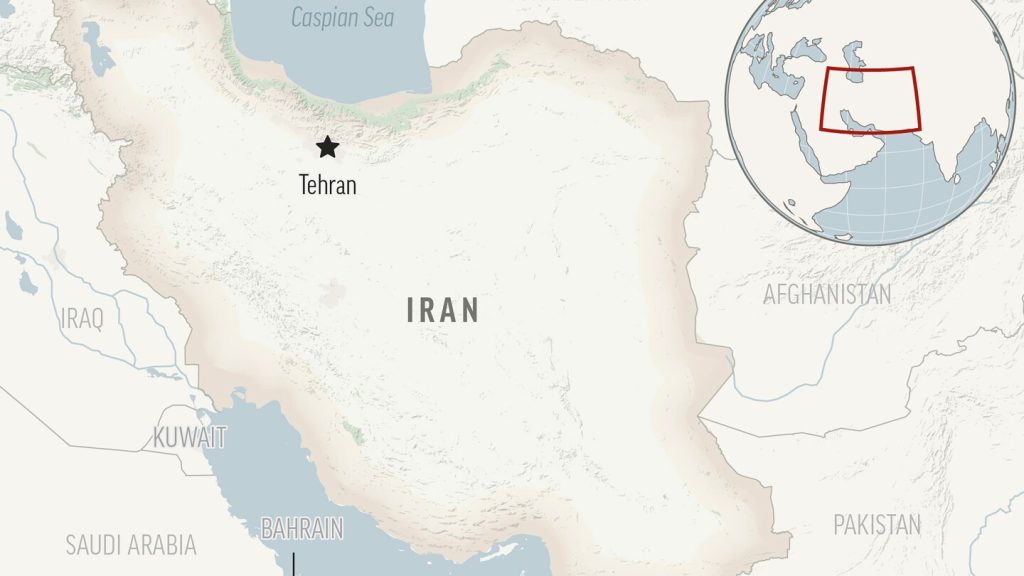Iran launched an unprecedented revenge mission against Israel late Saturday by launching dozens of drones and ballistic missiles towards the country. This marked the first direct military assault by Iran on Israel, despite decades of enmity. The attack came in retaliation for an airstrike in Syria on April 1 that killed two Iranian generals, which Iran accused Israel of orchestrating. Israel’s military was prepared for the attack and said it was ready to respond, although it did not confirm intercepting any drones or mention the ballistic missiles involved. The U.S. pledged unspecified support to Israel in response to the threat.
Tensions between Israel and Iran have been escalating, particularly during Israel’s six-month war against Hamas militants in Gaza. Hezbollah, an Iranian-backed group in Lebanon, has also been attacking Israel’s northern border, leading to daily exchanges of fire. Iranian-backed groups in Iraq, Syria, and Yemen have launched rockets and missiles towards Israel as well. Iran’s paramilitary Revolutionary Guard claimed responsibility for launching drones and missiles towards Israel in a revenge attack. The attack involved both drones and ballistic missiles, which are harder to intercept, raising concerns about the effectiveness of Israel’s missile defense systems.
Instances of Iranian aggression continued with the Revolutionary Guard seizing an Israeli-affiliated container ship near the Strait of Hormuz. The vessel, associated with London-based Zodiac Maritime, was carrying a crew of Indian, Filipino, Pakistani, Russian, and Estonian nationals. Iran planned to take the vessel into its territorial waters, leading to concerns about the safety and well-being of the crew members. The attack on the ship, along with the drone and missile attack on Israel, underscores the heightened tensions in the region as Iran retaliates against perceived provocations from Israel.
The attack on the container ship follows a period of heightened threats and warnings from Iranian officials, including Supreme Leader Ayatollah Ali Khamenei. The situation has prompted reactions from global leaders, with President Joe Biden returning to the White House to discuss the unfolding attack with his National Security Council. The U.S. has reaffirmed its support for Israel in defending against threats from Iran. Gen. Erik Kurilla, head of the U.S. military’s Central Command, was in Israel consulting with defense officials about the Iranian threat, underlining the seriousness of the situation and the need for coordinated responses to prevent further escalation.
Iran’s arsenal of drones and missiles poses a significant threat to regional security, especially when used in coordinated attacks like the one launched against Israel. Israel’s multilayered air-defense network, while capable of intercepting various threats, may face challenges in defending against a massive attack involving multiple drones and missiles. The Israeli military has issued safety instructions to the public, urging residents in certain areas to stay near protective spaces and limiting public gatherings to mitigate potential risks. The closure of airspace and cancellation of flights reflect the gravity of the situation, as both Israel and its allies prepare for possible further aggression from Iran.
The situation in the Middle East remains tense and volatile as Iran retaliates against perceived provocations from Israel, leading to heightened security measures and preparations for potential further attacks. The conflict between Iran and Israel, along with other regional actors including Hezbollah in Lebanon, underscores the broader implications of the escalating tensions. The involvement of global powers like the U.S. in supporting Israel and monitoring the situation reflects the potential for wider regional implications and the need for coordinated efforts to prevent further escalation and maintain stability in the Middle East.


